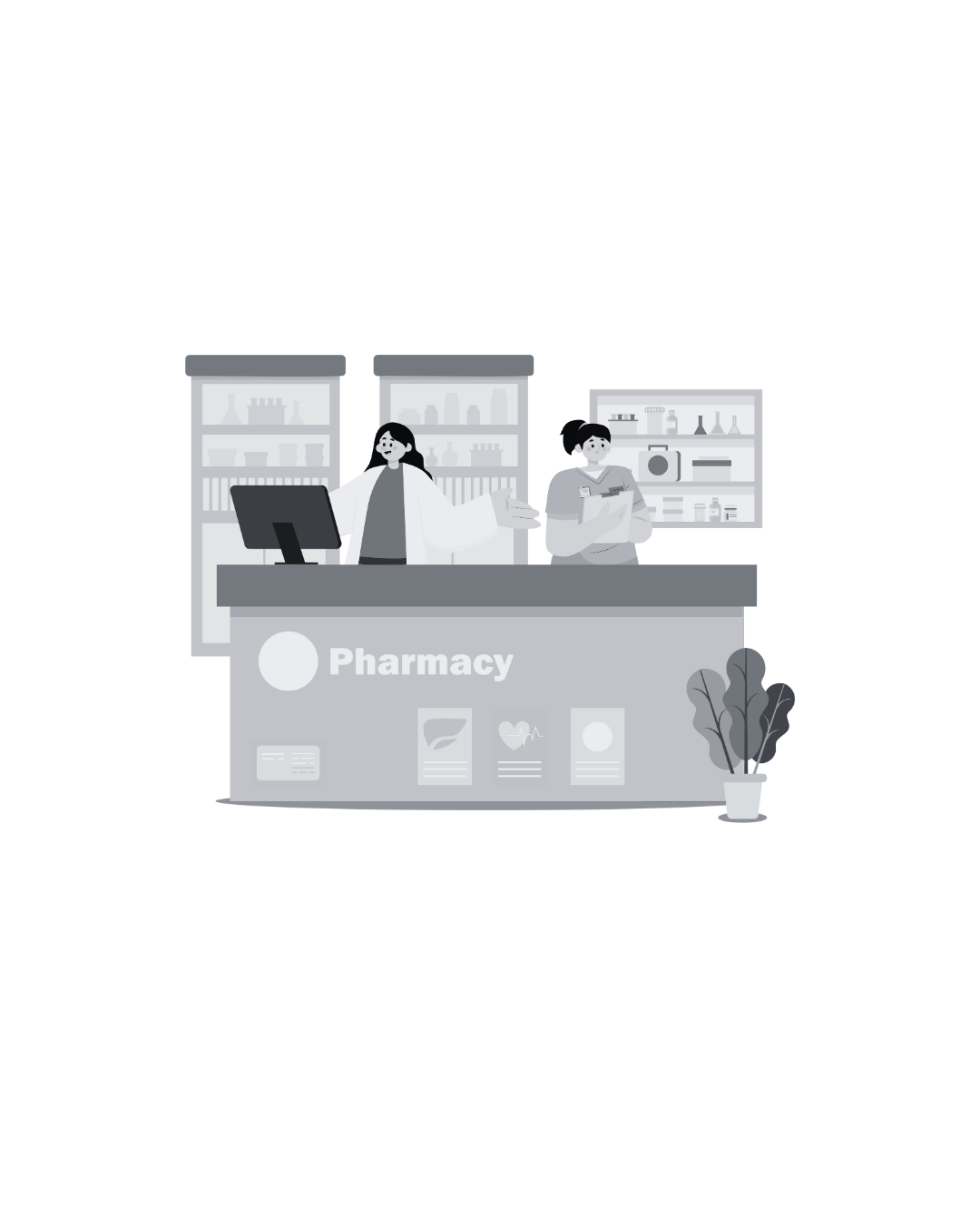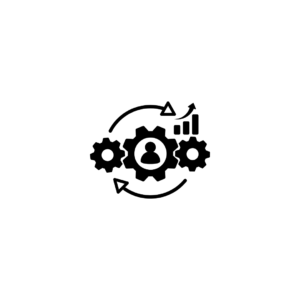Description
An Advanced Diploma in Pharmacy Assistant program prepares students for a rewarding career in the healthcare sector, specifically in pharmacies. This program focuses on the essential skills and knowledge needed to support pharmacists in dispensing medications, managing inventory, and providing excellent customer service.
Course Details:
Duration: Typically 1 to 2 years, with variation depending on the institution and whether the program is offered full-time or part-time.
Eligibility: A high school diploma or equivalent is usually required; some programs may prefer candidates with coursework in health sciences or related fields.
Mode of Study: Typically includes a mix of classroom instruction, practical lab work, and clinical placements.
Curriculum:
The curriculum for an Advanced Diploma in Pharmacy Assistant generally covers the following key areas:
1. Introduction to Pharmacy
Role of a Pharmacy Assistant: Overview of responsibilities, including supporting pharmacists and assisting customers.
Pharmacy Operations: Understanding the daily operations of a pharmacy, including workflow and organization.
2. Pharmaceutical Sciences
Drug Classification: Study different classes of medications, their uses, and mechanisms of action.
Pharmacology Basics: Introduction to how drugs affect the body and the principles of drug therapy.
3. Medical Terminology
Understanding Medical Language: Learning common medical terms used in prescriptions and patient care.
Terminology in Context: Applying medical terminology in pharmacy settings for better communication with healthcare professionals and patients.
4. Dispensing Medications
Prescription Processing: Techniques for accurately receiving, interpreting, and processing prescriptions.
Compounding Medications: Basic knowledge of preparing medications, including calculations and sterile techniques when necessary.
5. Inventory Management
Stock Management: Techniques for managing pharmacy inventory, including ordering, storage, and inventory control.
Regulatory Compliance: Understanding regulations regarding the storage and handling of pharmaceutical products.
6. Patient Care and Counseling
Direct Patient Interaction: Skills for interacting with patients, including collecting information and providing appropriate guidance on medication use.
Customer Service Skills: Techniques for providing excellent service to patients and addressing their inquiries effectively.
7. Pharmacy Law and Ethics
Legal Framework: Overview of laws and regulations governing pharmacy practice, including controlled substances legislation and privacy regulations.
Ethical Considerations: Understanding ethical responsibilities and dilemmas faced by pharmacy assistants and the importance of patient confidentiality.
8. Health and Safety in Pharmacy
Aseptic Techniques: Familiarity with safety protocols to prevent contamination and ensure safe handling of medications.
Emergency Procedures: Training in how to handle emergencies within the pharmacy setting, including basic first aid and protocols for adverse reactions.
9. Technology in Pharmacy
Pharmacy Software: Training in the use of pharmacy management software for processing prescriptions and managing records.
Electronic Health Records (EHR): Understanding how EHR systems integrate with pharmacy operations.
10. Clinical Placements
Hands-On Experience: Opportunities for practical training in real pharmacy settings, allowing students to apply their skills in customer service and medication dispensing under supervision.
Collaboration with Healthcare Teams: Emphasis on teamwork and communication with other healthcare professionals to ensure comprehensive patient care.
Assessment:
Assessment methods may include:
Practical Skills Evaluations: Demonstrating competencies in medication dispensing, customer service, and inventory management.
Written Exams and Assignments: Evaluating theoretical knowledge through tests, quizzes, and research assignments.
Clinical Performance Assessments: Assessments during clinical placements to evaluate hands-on skills and professional conduct.
Career Opportunities:
Graduates of an Advanced Diploma in Pharmacy Assistant can pursue various roles, including:
Pharmacy Assistant: Supporting licensed pharmacists in dispensing medications, managing inventory, and providing patient care.
Pharmacy Technician: Assuming more specialized responsibilities, often requiring additional certification, such as technicians that handle prescriptions and some clinical tasks.
Retail Pharmacy Staff Member: Working in community pharmacies, drugstores, or grocery store pharmacies to assist customers with their medication needs.
Hospital Pharmacy Assistant: Supporting pharmacy operations in a hospital setting, assisting with inpatient medication management.
This advanced diploma program equips students with the essential skills and knowledge required to succeed in the pharmacy field, ultimately contributing to better healthcare outcomes and patient satisfaction. If you have any further questions or would like more specific information about the program, feel free to ask!









